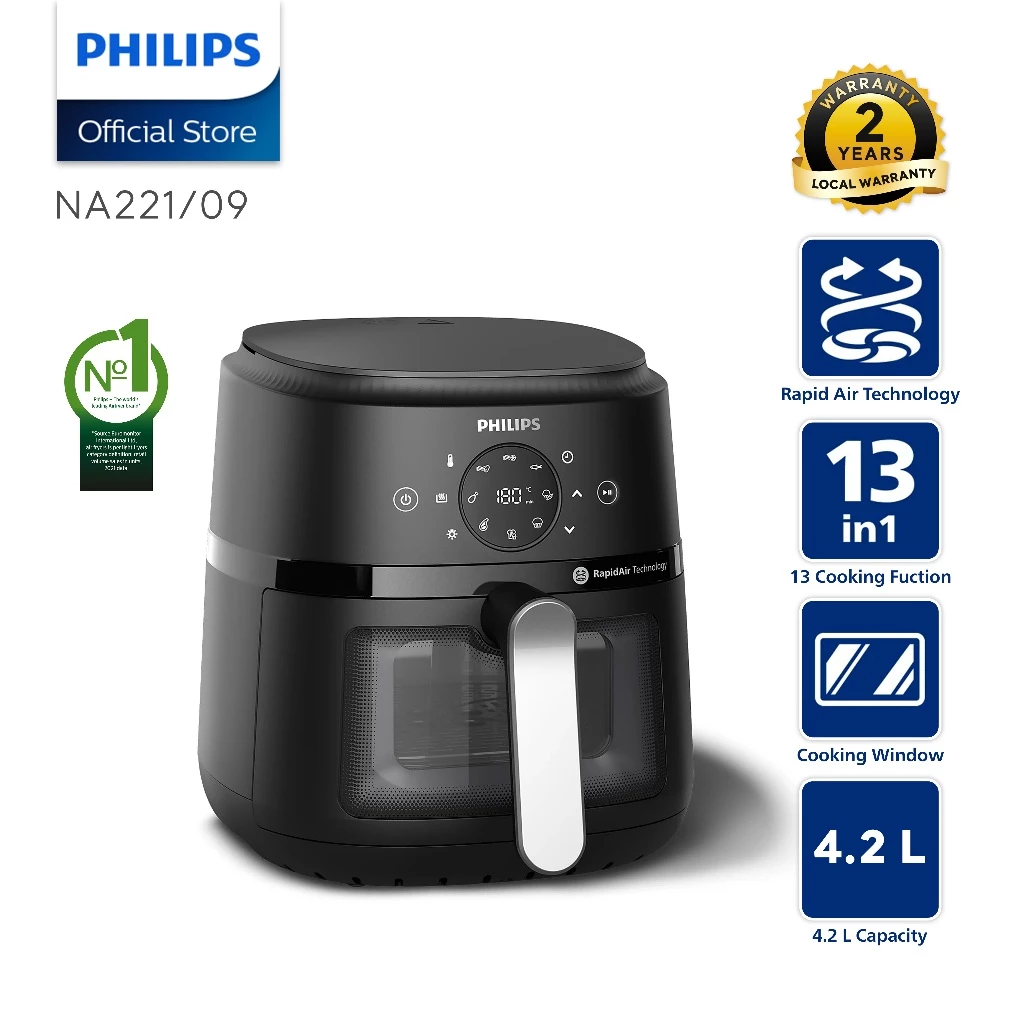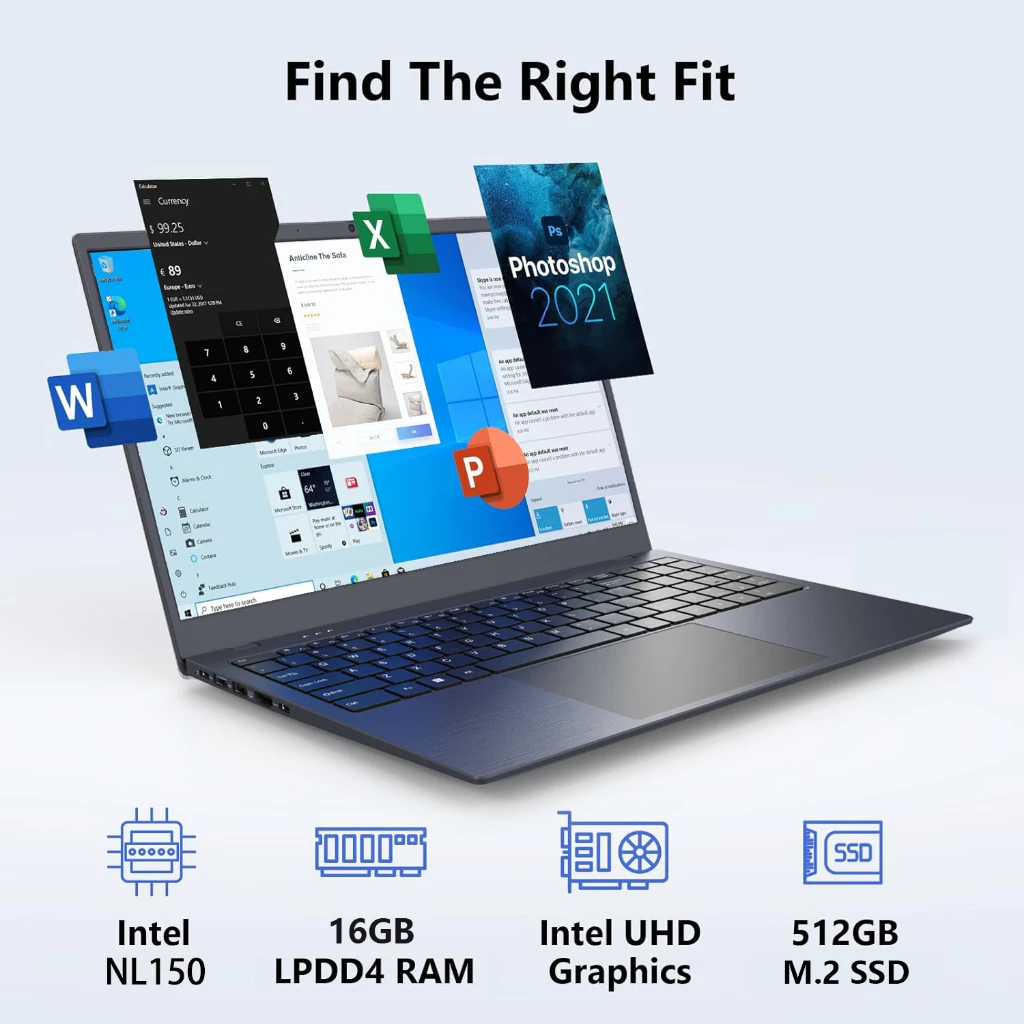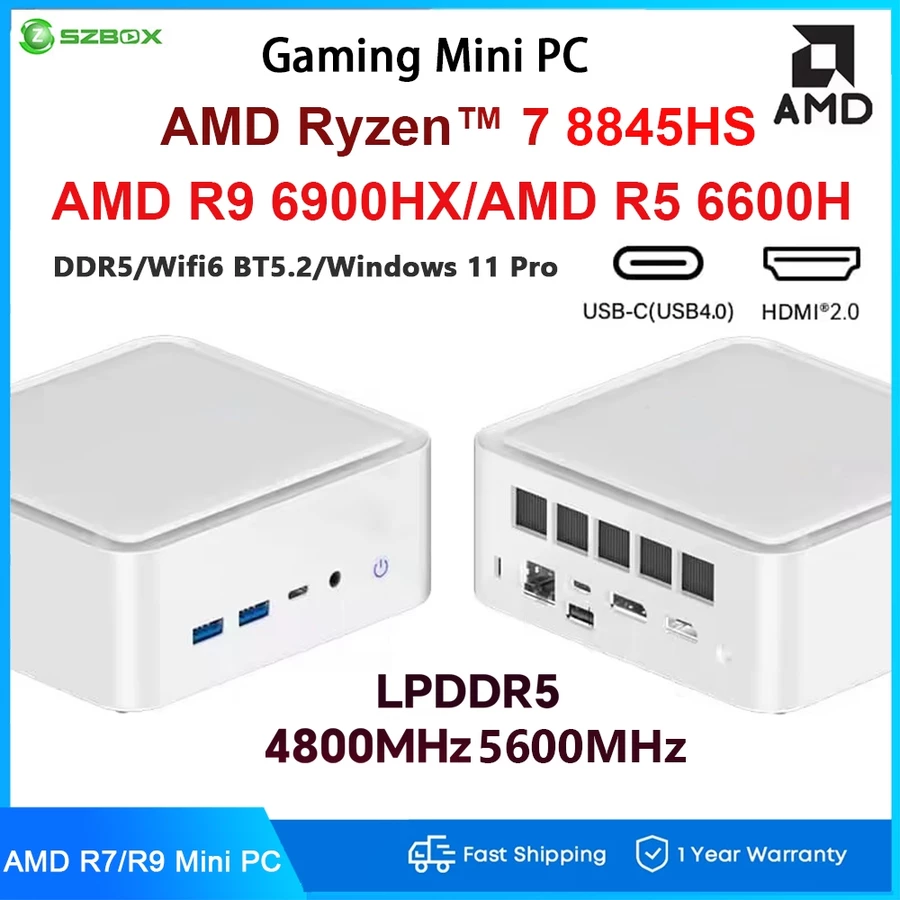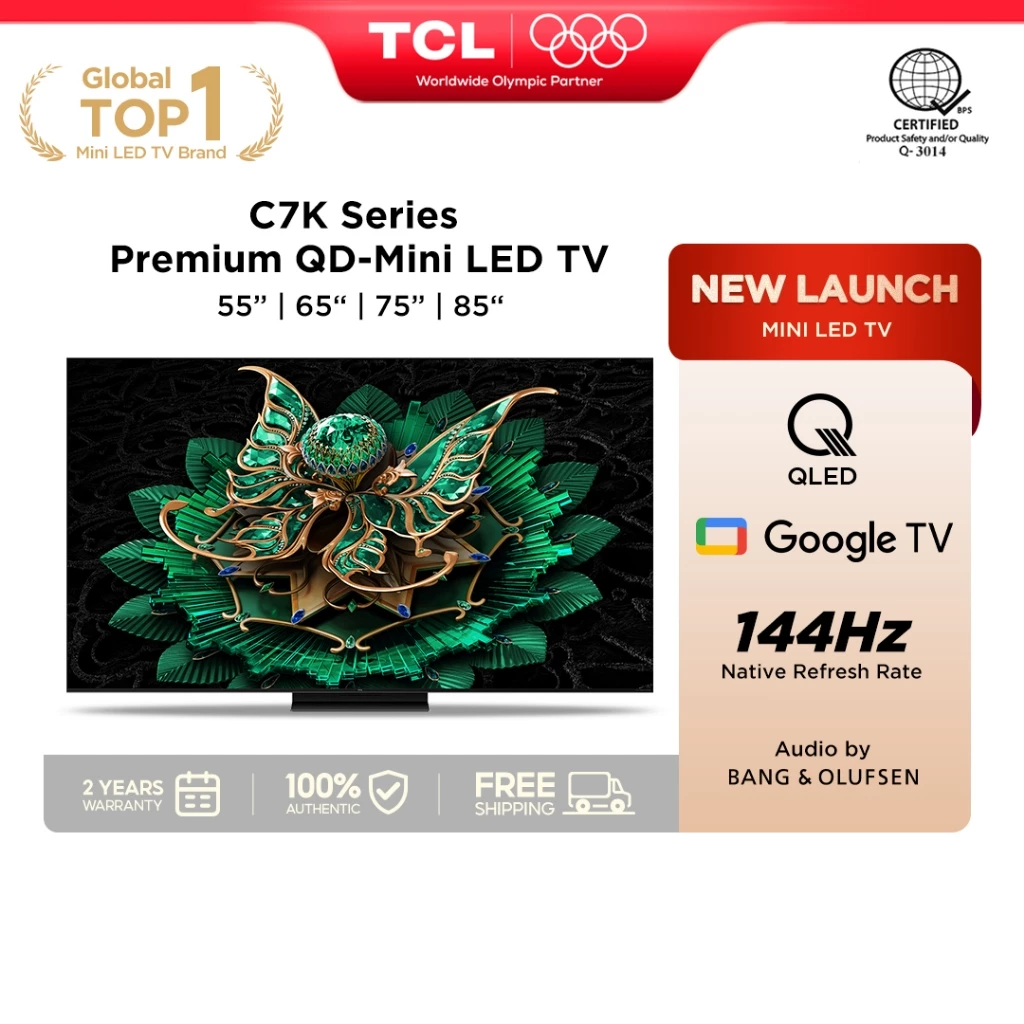Google TV: The Future Of Smart TV
Google TV was a platform developed by Google for smart TVs and streaming devices to enhance the entertainment experience of users. Google TV is not to be confused with "Android TV," as Google TV is essentially an updated version of the latter.
Google TV aims to provide a unified interface that aggregates content from various streaming services, making it easier for users to discover and access their favorite shows, movies, and apps in one place. The platform offers personalized recommendations based on the user's viewing history, preferences, and interactions.
The digital age has transformed the way we experience and interact with entertainment content. With the rise of the internet and streaming services, traditional television has evolved into an interconnected and immersive medium. Amidst this transformation, Google TV emerged as a disruptive platform that bridges the gap between conventional broadcasting and modern digital media consumption. Originally launched in 2010 as Google's ambitious attempt to unify television and the internet, Google TV has come a long way and evolved into a comprehensive entertainment ecosystem.
The Genesis of Google TV:
Google TV's origins can be traced back to the early 2000s when Google began exploring ways to enter the living room entertainment space. The idea of bringing the internet to the television screen had been attempted before, but it was Google's vision and expertise that pushed the concept forward. The development of Google TV was driven by the desire to create a seamless integration between online content and traditional television programming.
Evolution of Google TV:
Despite its ambitious vision, the initial iteration of Google TV faced significant challenges. User adoption was slow due to issues with complexity, content availability, and hardware integration. However, Google persevered and made crucial improvements to the platform. In 2014, Google TV was rebranded as Android TV, leveraging the Android operating system's strength to deliver a more refined and user-friendly experience.
Google TV first hit TV screens in 2020 when it was launched alongside a new version of Google's streaming dongle, the aptly named Chromecast with Google TV. It's the de facto smart TV interface for new Google-powered TVs and set-top boxes that the major manufacturers are now releasing.
Rather than being a new operating system, Google TV is a software layer running on top of Android TV, explaining why they are similar in many ways.
Android TV and Chromecast Integration:
To further enhance the Google TV experience, Google integrated Chromecast, its media streaming device, into the Android TV ecosystem. Chromecast allowed users to cast content directly from their mobile devices to the TV, offering a seamless bridge between personal screens and the big screen.
Similarity of Android TV and Google TV:
Both Android TV and Google TV are TV operating systems from Android that allow you to watch and interact with content. Both platforms offer the same massive selection of smart TV apps, streaming services, and games. They also feature support for voice commands with Google Assistant, smart home controls, casting with Chromecast, and media streaming.
Key Features and Functionality:
Google TV introduced several features that set it apart from other smart TV platforms. One of the fundamental aspects was its search functionality, allowing users to access content from various sources, including live TV, streaming services, and the web, through a unified search interface. The platform also supported apps from the Google Play Store, enabling access to a vast library of entertainment applications.
One of the core features of Google TV is the integration of the Google Assistant. Users can control their TV using voice commands, search for content, and even ask general questions or control smart home devices. This integration enhances the user experience, making the TV not just a passive entertainment device but a central hub for various tasks.
In terms of design and user interface, Google TV has a clean and intuitive layout. The home screen displays a row of content recommendations, trending shows, and personalized picks. Below that, users can find apps, games, and a library of their purchased content.
Google TV also focuses on cross-platform synchronization. If a user starts watching a show on their phone or tablet, they can easily resume it on their TV, and vice versa. This seamless transition between devices is made possible through the use of a Google account.
Partnerships and Content Integration:
Google TV supports a wide range of popular streaming services, such as Netflix, Hulu, Amazon Prime Video, Disney+, YouTube, and many others. With a vast library of apps available through the Google Play Store, users can easily customize their TV experience and access content that suits their preferences.
Competition in the Smart TV Market:
Google TV faced tough competition from other tech giants and media companies attempting to dominate the smart TV market. Companies like Apple with Apple TV, Amazon with Fire TV, and Roku with Roku OS presented formidable rivals. The competition spurred innovation, driving each platform to improve its features and content offerings.
Impact on User Behavior and Media Consumption:
Google TV's user-friendly interface and content aggregation capabilities have influenced user behavior in terms of media consumption. With personalized recommendations and easy access to a wide array of content, users have become more open to exploring diverse genres and niche content.
Google TV and the Advertising Landscape:
As Google TV gained popularity, it also attracted the attention of advertisers. The platform's data-driven advertising capabilities offered targeted advertising opportunities to brands, revolutionizing the advertising landscape and providing better ROI for advertisers.
Challenges and Controversies:
Despite its successes, Google TV has faced its fair share of challenges and controversies. Issues related to data privacy, content censorship, and competition concerns have put the platform under scrutiny.
The Future of Google TV:
Looking ahead, Google TV is poised to continue shaping the entertainment landscape. As technology advances, Google TV will likely integrate with emerging trends such as augmented reality, virtual reality, and artificial intelligence, offering an even more immersive and personalized entertainment experience.
Google TV's journey from its inception to the present day has been marked by innovation, adaptation, and transformative impact on the entertainment industry. With its powerful features, content integration, and user-friendly interface, Google TV has become a dominant player in the smart TV market. The platform's ability to evolve with changing consumer demands and embrace new technologies positions it for a promising future. As long as Google continues to invest in development, partnerships, and user experience, Google TV will undoubtedly remain a key player in the ever-evolving digital entertainment landscape.
Sony and TCL are among popular global TV brands that uses Google TV in their Smart TVs.
Please continue to support Appliance PH.




















0 comments